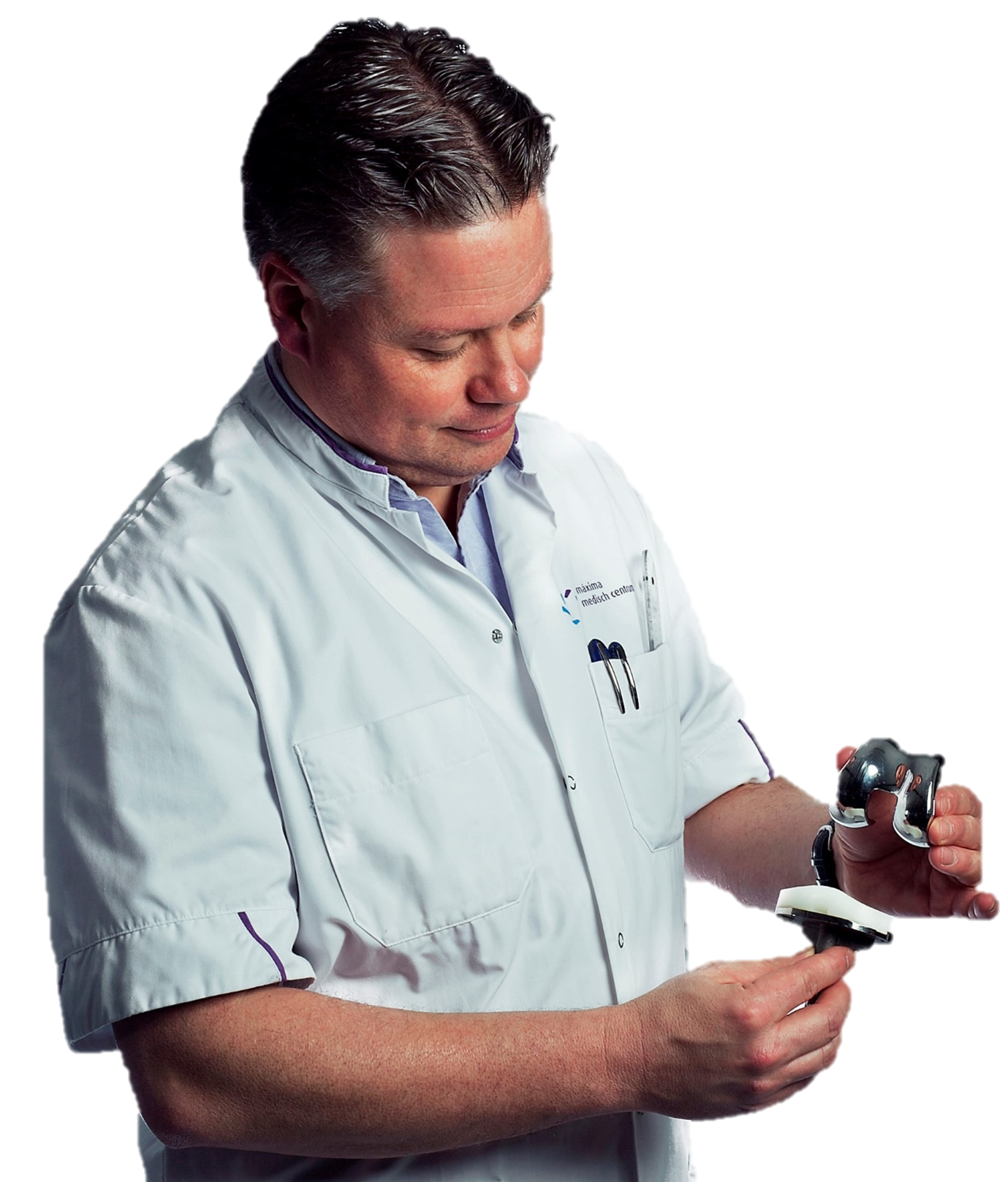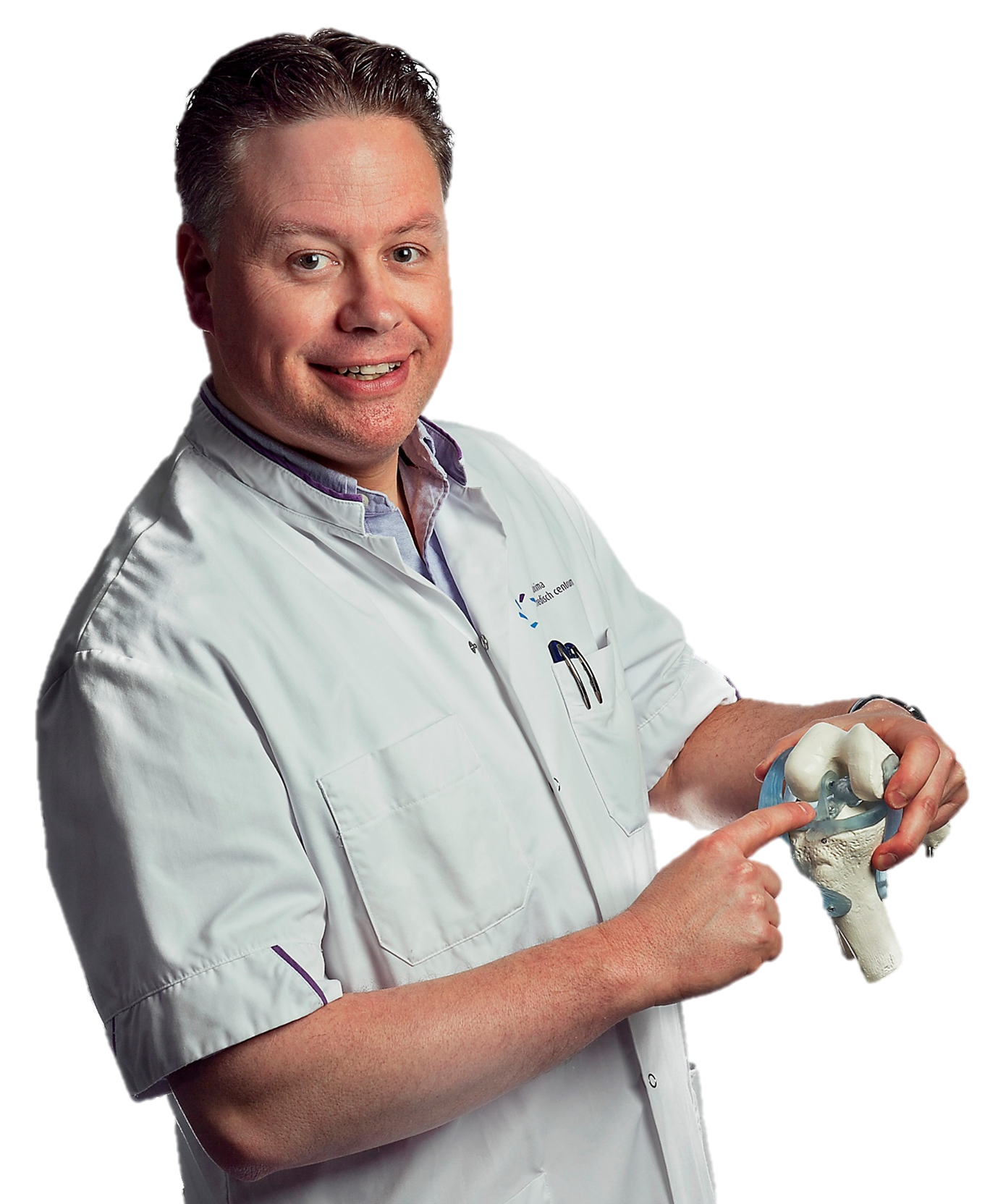STARR Study Group, Meuffels, D. E., &...
Arthroscopic partial meniscectomy versus physical therapy for traumatic meniscal tears in a young study population: a randomised controlled trial

Abstract
OBJECTIVE: To compare outcomes from arthroscopic partial meniscectomy versus physical therapy in young patients with traumatic meniscal tears.
METHODS: We conducted a multicentre, open-labelled, randomised controlled trial in patients aged 18-45 years, with a recent onset, traumatic, MRI-verified, isolated meniscal tear without knee osteoarthritis. Patients were randomised to arthroscopic partial meniscectomy or standardised physical therapy with an optional delayed arthroscopic partial meniscectomy after 3-month follow-up. The primary outcome was the International Knee Documentation Committee (IKDC) score (best 100, worst 0) at 24 months, which measures patients’ perception of symptoms, knee function and ability to participate in sports activities.
RESULTS: Between 2014 and 2018, 100 patients were included (mean age 35.1 (SD 8.1), 76% male, 34 competitive or elite athletes). Forty-nine were randomised to arthroscopic partial meniscectomy and 51 to physical therapy. In the physical therapy group, 21 patients (41%) received delayed arthroscopic partial meniscectomy during the follow-up period. In both groups, improvement in IKDC scores was clinically relevant during follow-up compared with baseline scores. At 24 months mean (95% CI) IKDC scores were 78 (71 to 84) out of 100 points in the arthroscopic partial meniscectomy group and 78 (71 to 84) in the physical therapy group with a between group difference of 0.1 (95% CI -7.6 to 7.7) points out of 100.
CONCLUSIONS: In this trial involving young patients with isolated traumatic meniscal tears, early arthroscopic partial meniscectomy was not superior to a strategy of physical therapy with optional delayed arthroscopic partial meniscectomy at 24-month follow-up.
TRIAL REGISTRATION: https://www.trialregister.nl/trials.





